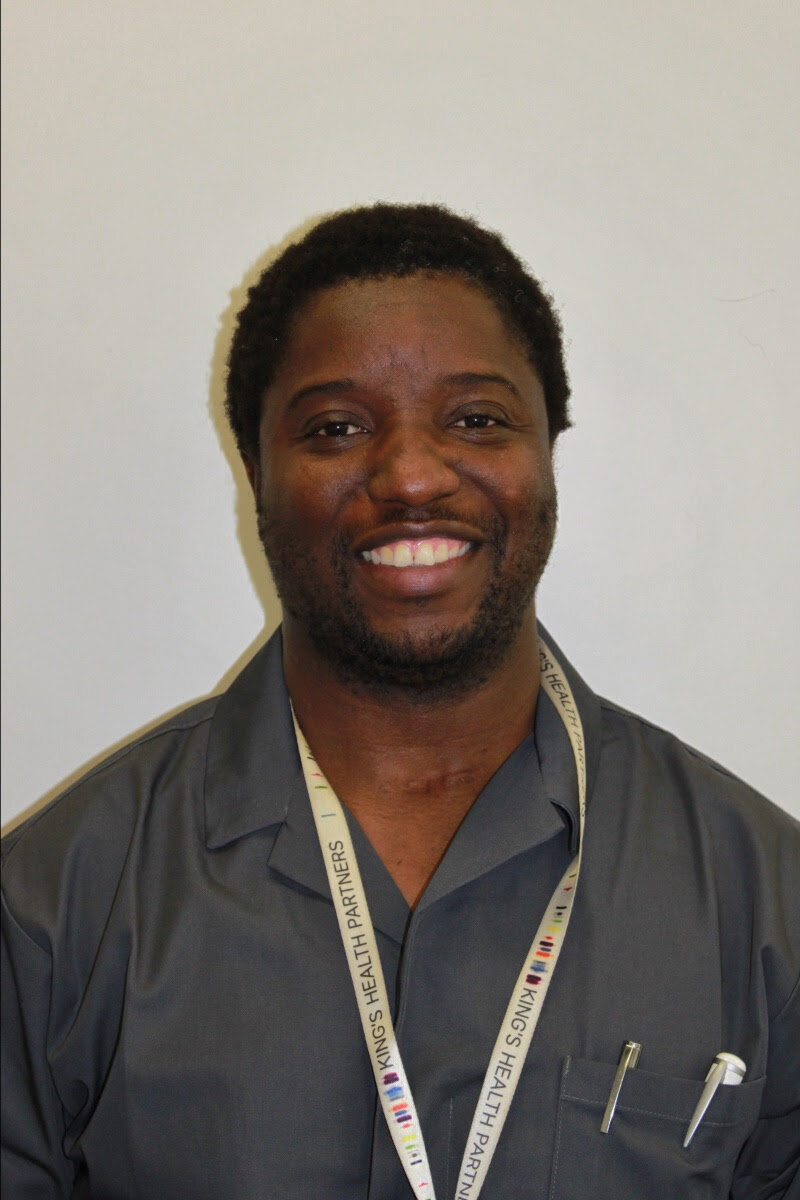Active Surveillance Patients International Presents: "Transperineal biopsies: What are they and are they safer?"
Transperineal biopsies: What are they and are they safer?
Transperineal (TP) biopsies are emerging as the biggest trend in the care of men on AS for prostate cancer since the mpMRI and genomic testing. The European Urological Association in January 2021 recommended TP as the first choice for biopsies. The American Urological Association will be debating this technology change at its annual meeting in the fall.
A.S.P.I. has assembled an expert panel to discuss why this change is being made, the potential to eliminate sepsis, impact on stewardship of antibiotics, and the differences between transrectal and transperineal biopsies. The discussion will be followed by a question-and-answer period.
Our April 24 Zoom meeting will begin at 12 P.M. EDT. Please use the button below to register in advance
REGISTER HERE
The Panel
Ferdinand Becker, MD experienced sepsis in 2011 as a result of a transrectal biopsy performed by a personal friend. It nearly killed him. Subsequently, he underwent two uneventful transperineal biopsies in 2012 and 2014 while in the bore of an MRI at Brigham and Women’s Hospital in Boston. Becker was one of the original participants in ASPI. He practiced facial surgery in Vero Beach, Florida, for 45 years and retired to New Orleans in 2017.
Richard J. Szabo, MD is a clinical associate professor in the Department of Urology at University of California, Irvine and is on staff at Kaiser Permanente Orange County and Riverside, California. He has written extensively about the new transperineal approach and has a special interest in teaching "free-hand" transperineal prostate biopsy under local anesthesia to his colleagues and informing the general public of the technique's advantages over the transrectal approach.
Rick Popert MB MS, FRCS (Urology) is a self-proclaimed “prostatologist.” He is one of the authors along with other leading urologists of a document calling for abandonment of transrectal biopsies. Their plan is known as TRexit. Popert is Senior Urological Surgeon at Guy’s Hospital. In September 2017, Guy’s Hospital stopped all transrectal biopsies after he introduced a new technique, the PrecisionPoint Transperineal Access System..
Jonah Rusere is Mr. Popert’s advanced care urology nurse at Guy’s Hospital in London. Rusere will explain the advantages to hospitals to having nurses perform these procedures. He established an accredited program to teach urology nurses how to perform transperineal biopsies. For these efforts, the British Journal of Nursing Urology named Rusere “2021 Nurse of The Year.”
Matthew Allaway, MD, is CEO and co-founder of Perineologic, the Cumberland, Maryland developer of the PrecisionPoint Transperineal Access System. He designed the system with men on AS in mind in an effort to reduce risks of infection and increase the odds of finding prostate cancers in areas transrectal biopsies typically miss.






